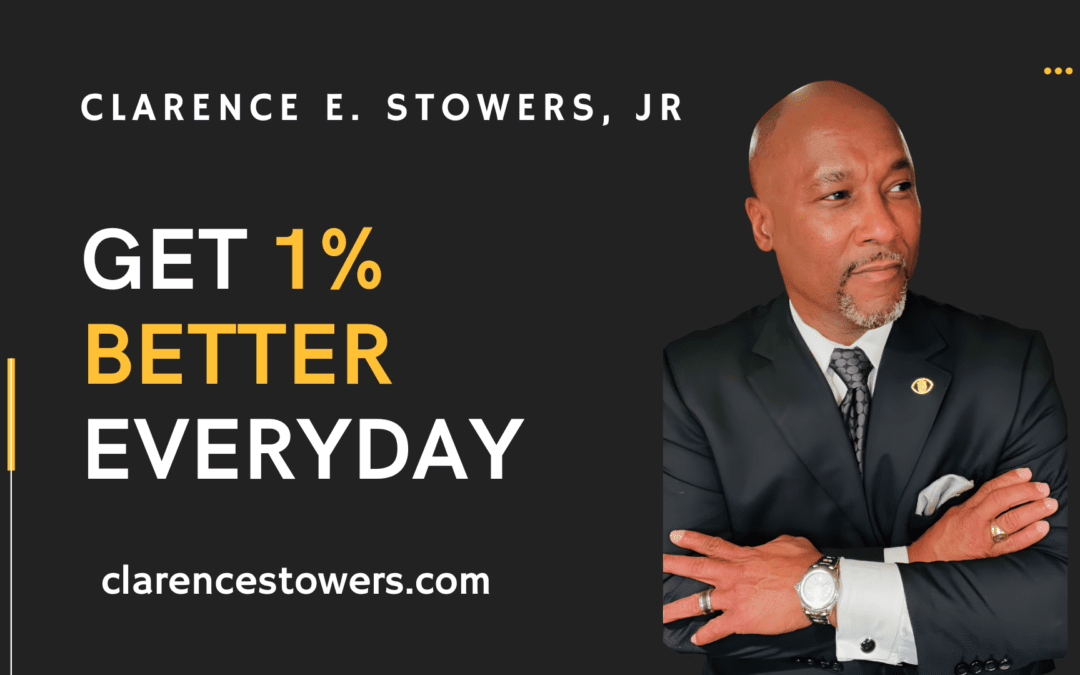
When We Choose Not to See: Recognizing Life’s Warning Signs Before It’s Too Late
We've all been there - that moment when we know something isn't quite right, but we push the feeling aside.
Maybe it's a relationship that's slowly draining us, a job that's lost its spark, or a nagging health concern we're trying to ignore. Like walking through a familiar room with our eyes half-closed, we navigate these situations aware of the truth but choosing not to fully face it.
This fascinating human tendency - to see yet not see - can shape the course of our lives in profound ways.

The Paradox of Selective Vision
Life often presents us with clear warning signs, yet we develop an uncanny ability to look past them. Think about that friendship that once brought joy but now leaves you feeling empty, or the career that's slowly dimming your inner light. Your mind registers these signs - the constant negativity from a friend, the Monday morning dread that extends into every other day - but something holds you back from acknowledging their full weight.
Life often presents us with clear warning signs, yet we develop an uncanny ability to look past them.
This selective vision isn't just about avoiding discomfort; it's a complex dance between awareness and denial. We see the truth in fragments, accepting it piece by piece, like slowly adjusting to light in a dark room. The challenge isn't in seeing the signs - they're often crystal clear. The real struggle lies in gathering the courage to act on what we already know.
Samson's Story: A Tale of Ignored Warnings
The biblical account of Samson provides a powerful illustration of this human tendency. Here was a man of legendary strength, chosen by God for a specific purpose, yet he repeatedly ignored clear warning signs in his relationship with Delilah. The name "Delilah" itself meant "to weaken" or "to exhaust" in Hebrew - a warning sign hidden in plain sight.

Samson's story unfolds in Gaza, a Philistine stronghold where archaeological evidence confirms the historical context of this cautionary tale. Despite his incredible physical strength, Samson's inability to heed warning signs led to his capture and imprisonment. His journey reminds us that even our greatest strengths can't protect us when we choose to ignore clear signals of danger.
Lesson From Samson: Our greatest strengths can't protect us when we choose to ignore clear signals of danger.
Breaking the Cycle of Avoidance
Recognizing that we're ignoring warning signs is the first step, but how do we move from awareness to action? The key lies in understanding that avoiding truth doesn't change it - it only delays our encounter with reality and often makes the eventual confrontation more challenging. Here are practical steps to break this cycle:
- Ask for Clarity: Instead of rushing to conclusions or avoiding thoughts altogether, take time to seek genuine understanding of your situation.
- Seek Wise Counsel: Share your concerns with trusted friends or mentors who can offer objective perspectives and support.
- Trust Your Instincts: Those initial feelings of unease often contain valuable wisdom. Rather than dismissing them, explore what they might be telling you.
- Take Small Steps: You don't have to solve everything at once. Start with small actions that acknowledge the reality you've been avoiding.

Avoiding truth doesn't change it - it only delays our encounter with reality and often makes the eventual confrontation more challenging.
Finding Courage in Vulnerability
Opening our eyes to uncomfortable truths requires courage, but it also offers freedom.
When we finally face what we've been avoiding - whether it's a toxic relationship, an unfulfilling career, or a personal challenge - we create space for new possibilities. This vulnerability, though frightening, becomes the foundation for authentic growth and positive change.
Remember, seeing the truth doesn't mean you have to have all the answers immediately. Sometimes, simply acknowledging what you've been avoiding is enough to begin shifting your perspective and opening doors to new solutions.
When we finally face what we've been avoiding - whether it's a toxic relationship, an unfulfilling career, or a personal challenge - we create space for new possibilities.
Conclusion
The choice to see clearly isn't always easy, but it's invariably worth making.
Like Samson, we all have areas where we might be choosing selective vision, hoping things will somehow work out on their own. Yet true peace and purpose come not from avoiding reality but from facing it with courage and wisdom. The signs we need are often already there - we just need to choose to see them.
Ready to Take the Next Step?
Take a moment this week to reflect on areas in your life where you might be choosing not to see. Choose one situation that's been nagging at you, and write down the warning signs you've noticed but perhaps been avoiding. Then, take one small, concrete step toward addressing it - whether that's having a difficult conversation, seeking professional advice, or simply acknowledging the truth to yourself. Remember, you don't have to face these challenges alone.
True peace and purpose come not from avoiding reality but from facing it with courage and wisdom.
Want to Go Deeper?
- Watch the full message on YouTube. Dive into a deeper exploration of this topic and gain additional insights about recognizing and responding to life's warning signs.
- Grab a copy of Bold Prayers: How to Pray With Confidence & Expectation:
Learn how to strengthen your prayer life and develop a deeper connection with God's guidance. - Check out my Podcast: Join me for weekly discussions about leadership, faith, and personal growth.
Share your journey with a trusted friend or mentor who can support you in taking these important steps toward positive change. Sometimes, the most significant growth happens when we stop choosing not to see and start embracing the truth that leads to transformation.


























